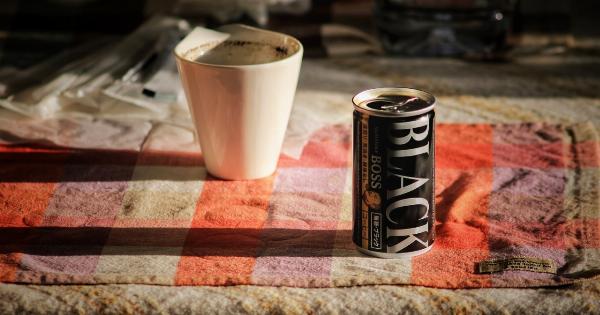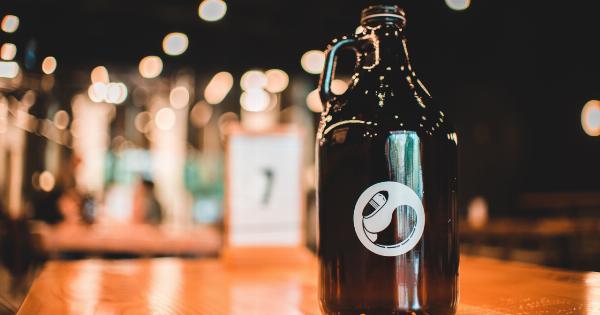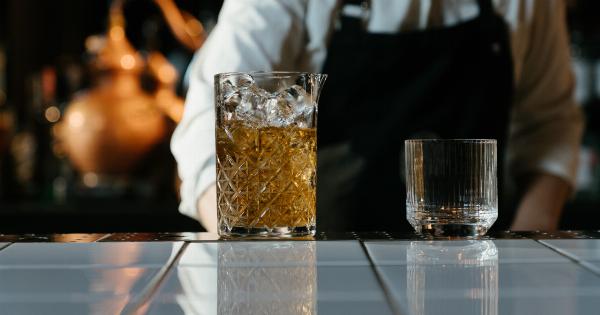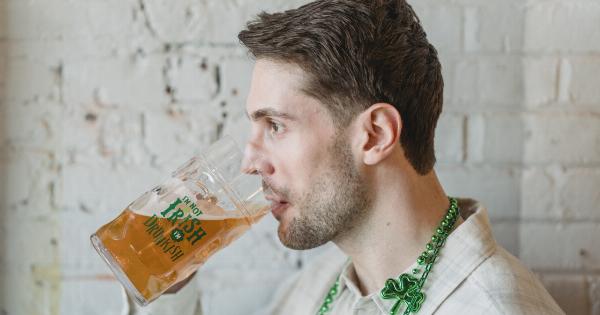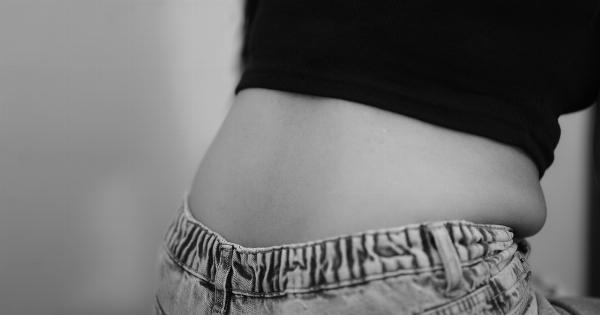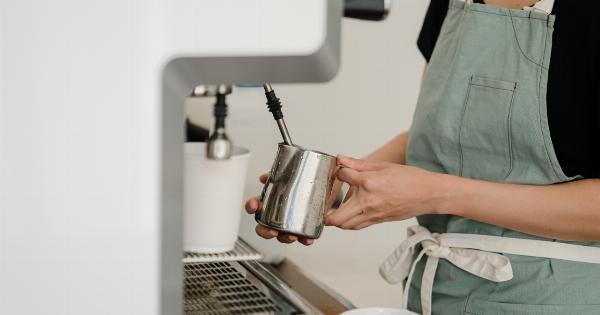One common belief is that consuming coffee can help a person sober up after drinking alcohol.
This notion has been popular for a long time, with many individuals reaching for a cup of coffee after a night of drinking to help minimize the effects of their alcohol consumption. But does coffee actually have the ability to sober you up or is it simply a myth? In this article, we will explore the relationship between coffee and sobriety to uncover the truth behind this widespread assumption.
Understanding Alcohol Metabolism
To comprehend the potential impact of coffee on alcohol sobriety, it is essential to understand how alcohol is metabolized in the body. When alcohol enters the body, it is primarily processed in the liver through a two-step process.
In the first step, an enzyme called alcohol dehydrogenase (ADH) converts alcohol into acetaldehyde, a highly toxic substance. In the second step, acetaldehyde is further broken down into acetic acid and eventually eliminated from the body.
However, the liver’s metabolic process takes time, and there are limits to the speed at which it can metabolize alcohol. On average, the liver processes one standard alcoholic drink per hour.
Any alcohol consumed beyond this rate accumulates in the bloodstream, resulting in intoxication.
The Role of Coffee in Sobriety
Now let’s examine the relationship between coffee and alcohol sobriety. Coffee contains caffeine, a stimulant that has the ability to increase alertness and temporarily counteract the drowsiness often associated with alcohol consumption.
When consumed, caffeine blocks adenosine receptors in the brain, which helps to combat the sedative effects of alcohol and make you feel more awake.
While coffee may help an individual feel more alert and awake, it does not actually reduce the blood alcohol concentration (BAC) or speed up the liver’s process of metabolizing alcohol.
Contrary to popular belief, caffeine does not eliminate alcohol from the body any faster. It simply creates a false sense of alertness, making you feel more awake and potentially masking the true effects of alcohol intoxication.
Coffee and Dehydration
An important factor to consider when exploring the relationship between coffee and sobriety is the dehydrating effect of both alcohol and caffeine.
Both substances act as diuretics, stimulating increased urine production and subsequently leading to fluid loss from the body. Dehydration can intensify the symptoms of alcohol intoxication, such as headaches, fatigue, and dizziness.
Consuming coffee as a means to sober up may actually worsen the effects of dehydration, as it adds to the overall diuretic effect.
This can result in increased fluid loss and potentially exacerbate the negative symptoms associated with alcohol consumption.
Other Factors Influencing Sobriety
It is crucial to acknowledge that sobriety is not solely dependent on the consumption of coffee or any other substance. Several other factors can influence how quickly a person sobers up after drinking alcohol:.
1. Body Weight and Metabolism
The size and weight of an individual, as well as their metabolism rate, can influence how quickly alcohol is processed in the body.
Generally, individuals with higher body weight tend to metabolize alcohol more efficiently than those with lower body weight.
2. Alcohol Tolerance
Regular alcohol consumption can lead to an increased tolerance, meaning that frequent heavy drinkers may require more time to sober up compared to occasional drinkers with a lower tolerance level.
3. Type and Amount of Alcohol
The type and amount of alcohol consumed can impact the rate of alcohol metabolism. Beverages with higher alcohol content will take longer to process, while mixing different types of alcohol can lead to slower metabolism as well.
4. Food Consumption
Consuming a meal, especially one rich in protein and fats, before drinking alcohol can slow down the absorption rate of alcohol into the bloodstream.
This can ultimately contribute to a delayed onset of intoxication and a longer duration of alcohol metabolism.
Conclusion
In conclusion, while coffee may temporarily make an individual feel more awake and alert, it does not sober you up. The liver’s ability to metabolize alcohol and the rate at which it occurs remain unchanged.
The belief that coffee helps to eliminate alcohol from the body or accelerate the process of sobriety is a myth.
It is important to remember that the only true way to sober up after consuming alcohol is through time. Giving your body enough time to metabolize the alcohol is the safest and most effective method.
Additionally, it is crucial to practice responsible drinking habits, to never drive under the influence, and to seek help if you or someone you know is struggling with alcohol addiction.

